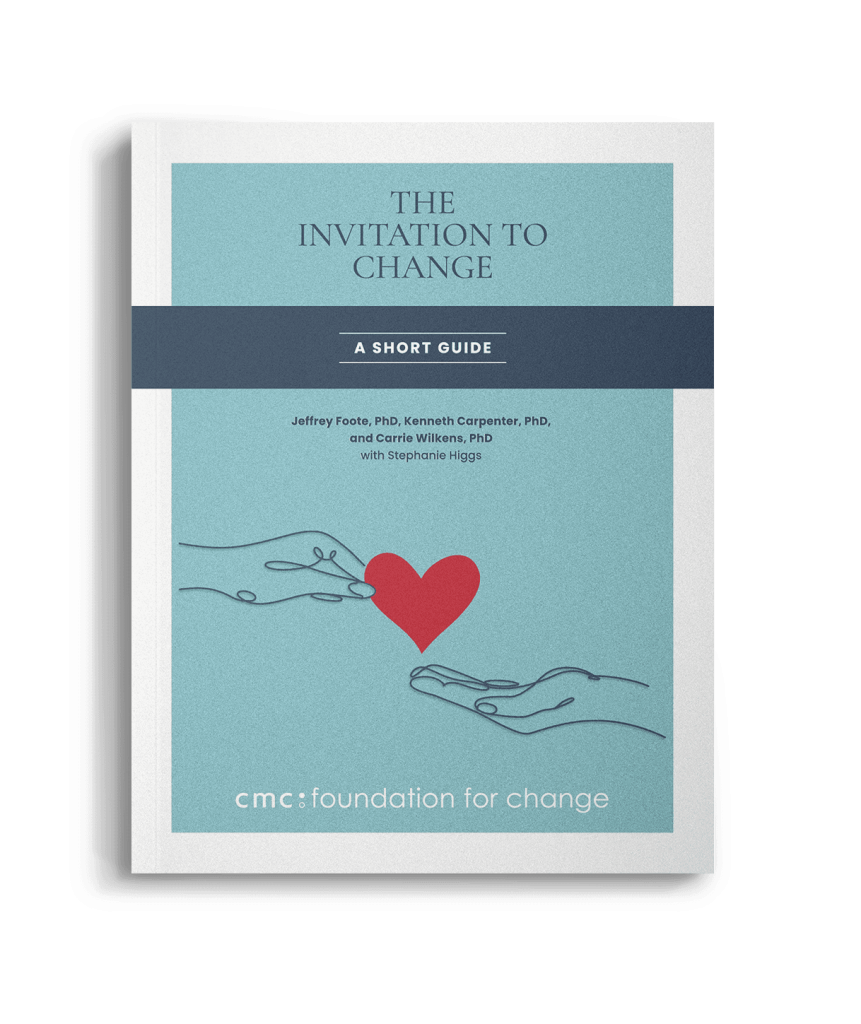If your partner is using drugs or alcohol, it’s unlikely that they are simply being a “bad person” or trying to drive you crazy (although it feels like it). His behavior (in this case, substance use) is rewarding in some way — emotionally, physically, socially, or perhaps all of the above. In psychology we call this “reinforcement,” and it applies to motivation and change in all of us. People take action—work hard at a job, work out at the gym, smoke pot—and repeat that action because they get something from doing it. Getting a raise, feeling physically fit, or having less anxiety is the reward or “reinforcer” for the action, the reason they keep doing it. Generally, people do not persist in a behavior (for very long) unless it affords some benefit.

Feeling relaxed, exhilarated, less anxious, braver, funnier, part of the group, are all potential benefits of using substances. If there were no benefits, there would be no use. This is important because knowing what, in particular, your partner gets from using substances provides clues about what could happen instead. For example, if you think that your partner is drinking in part because it helps him take a break from his hectic work schedule, you can come up with other, healthy ways he might be able to get those breaks. You might decide to schedule more down-time or relax some of the pressure you notice he’s feeling at home.
Understanding what your partner gets from using can also lower your fear and anxiety, as it makes the behavior less random and more predictable. If he drinks as a “social lubricant” when socializing with both work colleagues and friends, then you know he’s more at risk when he’s out socializing than home with the family. Knowing this won’t eliminate your anxiety completely, but it can reduce it. And as you learn CRAFT strategies, you will be equipped to intervene constructively
to influence the patterns.
Finally, understanding your partner’s reinforcers will help you empathize with him. Why would you want to empathize with non-constructive or destructive behavior? It will help you take it less personally (as in, “how can he do this to us?!”), and feel less angry and more connected, which will give you energy for helping him change. Instead of thinking he is irresponsible or torturing you, you can see the underlying loneliness, insecurity, depression, or boredom, which are all things you can help your partner address. In turn, and even more importantly, understanding your partner’s behavior instead of just being upset about it can help him feel understood, which will make him more likely to collaborate on a plan for change.
Next Page: Warning! Ambivalence is Normal!


